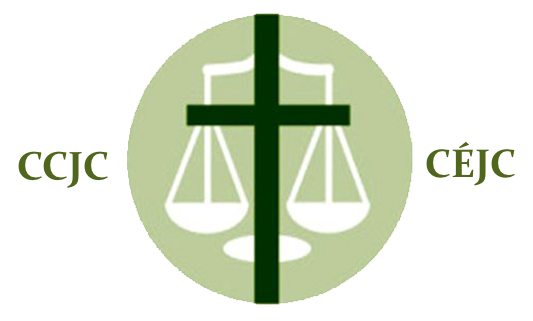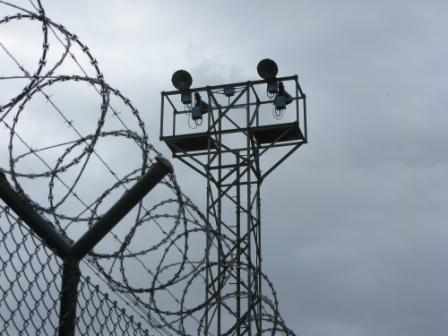August 10th is Prisoners’ Justice Day, an annual day of memorial, vigil and protest when prisoners and supporters remember the men and women who have died inside prisons. On this day, thousands of inmates around the world refuse to work or eat in a show of solidarity with the brothers and sisters who have died behind bars.
In the decade between 1998 and 2008, 532 inmates died in federal custody in Canada from a range of known causes including natural death, suicide, accident and homicide.1 Correctional Investigator Howard Sapers argues that Canada’s federal prisons are more crowded and more tense, which contributes to an increase in violence and death behind bars.2 For example, from 2009-10 to 2010-11, both inmate injuries and self-harm rose by more than 60%.3
Prisoners’ Justice Day is historically a day in which prisoners and their supporters draw attention to prisoner maltreatment and lobby for positive change. The day began to commemorate the death of Eddie Nalon who bled to death from suicide in the segregation unit of Millhaven Maximum Security Prison in Bath, Ontario on August 10, 1974. He was serving a life sentence at the time and had spent the previous two months in “the hole”. An inquest into his death found that the call buttons in his and other solitary cells had been deactivated by guards.
On the first anniversary of Eddie’s death, August 10, 1975, prisoners at Millhaven refused to work, went on a one-day hunger strike, and held a memorial service even though they faced the punishment of solitary confinement.
On May 21, 1976, Robert (Bobby) Landers, a prison rights activist, also died in solitary confinement at Millhaven. Despite his repeated requests for medical aid due to a heart condition, Landers was left unattended in solitary confinement. An inquest into his death determined that he died from a heart attack.
On August 10, 1976, prisoners in Millhaven again went on a hunger strike – this time to commemorate both Eddie Nalon and Bobby Landers and to protest the lack of implementation of recommendations following the inquests into Eddie’s death, as well as the practice of solitary confinement.
The Church Council on Justice and Corrections stands in solidarity with those mourning the loss of life behind prison walls. We continue to advocate for more restorative and humane approaches to justice. We are concerned about the growing use of solitary confinement4 and advocate for the increase of programs that can assist former offenders in healing and prepare them to reintegrate safely and positively back into their communities upon release.
_______________
1 Teresa Smith, “Canadian inmates prepare to mark Prisoners’ Justice Day,” Vancouver Sun (7 Aug 2011).
2 Anna Mehler Paperny, “Watchdog says prison violence on rise; Toews says it has decreased,” The Globe and Mail (8 Aug 2011).
3 Paperney (8 Aug 2011).
4 “Solitary confinement is not a mental health treatment program,” Canadian Civil Liberties Association (21 Nov 2009).

